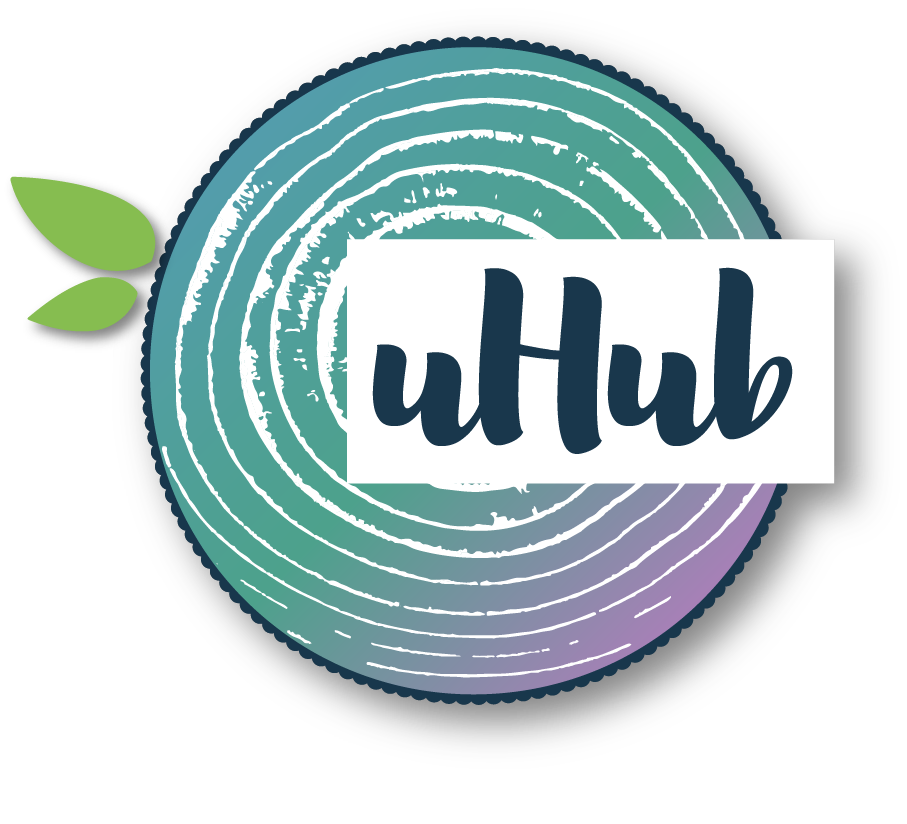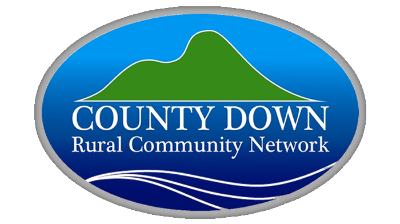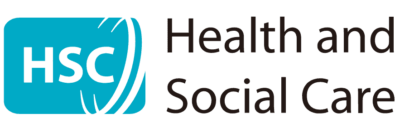Do you work with a team of professionals who would benefit from the teachings of Compassionate Inquiry?
Sign up for a group rate for the Short Course with your team, and we can provide you with one or more Compassionate Inquiry Educators to guide your team through the program.
We are excited to invite you to participate in the Compassionate Inquiry Short Online Course. This course was designed so that Compassionate Inquiry can be more accessible to health professionals who are unable to commit to the intensive Compassionate Inquiry Professional Training. It is also for lay-people who have a strong interest in Gabor’s work.
Using Compassionate Inquiry, you will be able to unveil the level of consciousness, mental climate, hidden assumptions, implicit memories and body states that form the real messages that words both express and conceal.
“The purpose of Compassionate Inquiry is to drill down to the core stories people tell themselves – to get them to see what story they are telling themselves unconsciously; what those beliefs are, where they came from; and guide them to the possibility of letting go of those stories, or letting go of the hold those stories have on them ….”
Dr. Gabor Maté
Course Structure
The short course contains over 30 hours of video, narrated powerpoints, and PDFs, and consists of the following four sections:
Course Introduction
Contains a course welcome from Gabor and Sat Dharam, and PDF downloadable resources including the Compassionate Inquiry Map, reading and reference list and more
Course Introduction with Gabor (1:47)
Orientation with Sat Dharam (1:40)
CI Workshop with Dr. Gabor Maté
Complete four-part video recording of a 2 day Compassionate Inquiry workshop with Gabor
CI Workshop with Gabor in Vancouver Part 1 (2:08:28)
CI Workshop with Gabor in Vancouver Part 2 (2:25:00)
CI Workshop with Gabor in Vancouver Part 3 (2:19:35)
CI Workshop with Gabor in Vancouver Part 4 (2:26:49)
Summaries of 8 Modules, with Sat Dharam
8 powerpoint videos presenting an overview of the practice of Compassionate Inquiry, including 9 qualities to develop as a therapist, 22 skills to utilize and the 17 Stepping Stones that can be used in an inquiry. This is narrated by Sat Dharam.
8 powerpoint videos presenting an overview of Gabor’s teachings related to Compassionate Inquiry, narrated by Sat Dharam, plus a pdf overview for each.
Module 1: Presence, Safety, Attunement
Module 2: Triggers, Pain, Shame
Module 3: Trauma, Disconnection, Constriction
Module 4: Attachment, Adaptation, Addiction
Module 5: Children, Family, Responsibility
Module 6: Memories, Stories, Beliefs
Module 7: Will, Compassion, Forgiveness
Module 8: Relationship, Possibility, Change
Conversations with Dr. Gabor Maté
Another 10 videotaped Conversations with Gabor, where he models Compassionate Inquiry with course participants, as well as transcripts of these.
Change Your Beliefs (24:12)
Demo with Sat Dharam (31:26)
The Pain of the Motherless Child (10:44)
Nothing Can Touch Me (18:12)
Your Attempts Not to Feel Are Controlling You (15:38)
Tuning Out (17:31)
It’s OK to Tune Out (33:04)
I Shut Down Because the Pain Is Unbearable (26:46)
He’s Never Seen Me (14:52)
You’re Not Crazy (28:20)
We React to Our Perception of What Happens (33:16)
Course Content Integration with Facilitation
To assist in the integration and skill-building for individuals who are part of an organization, association or group, facilitation is delivered by a trained Compassionate Inquiry Educator with the support of a Compassionate Inquiry Intern. Ten sessions have been scheduled that are each 90 minutes in duration.
Every other week for 20 weeks, your group will be covering one module. These bi-weekly meetings would be held simultaneously every 2 weeks and delivered over Zoom. One session pre and post-course delivery is required for preparation, integration and follow-up. Some organizations may follow a different pre-approved schedule. The date and time of the FSC are agreed between your organization and your CI Educator.
Dyad/Triad practice
Alongside working through the CI pre-recorded videos, presentations and reading material and meeting with your CI Educator, your colleagues will meet with one another each week to practice the skills, qualities and stepping stones of Compassionate Inquiry. These meetings are 60/90 minutes in length for each dyad/triad.
We suggest that each participant dedicates approximately 3.5 hrs per week for the full 20 weeks to complete all the requirements for course completion.
Facilitators
Who are the FSC Educators?
Each of our Compassionate Inquiry Educators is an active Compassionate Inquiry practitioner and:
- Has completed the year-long Compassionate Inquiry Professional Training.
- Has completed the year-long Compassionate Inquiry Internship Program.
- Has completed the 6-month Mentorship Program.
- Is certified as a Compassionate Inquiry Practitioner.
- Has an active clinical practice in Compassionate Inquiry, seeing at least 5 clients weekly.
- Has attended at least 3 Video Review Sessions during the Internship program, or reviewed the recordings of these video review sessions.
- Has attended at least 10 Master Classes with Gabor or watched the recordings.
- Has submitted one 20-30 minute video of themselves demonstrating Compassionate Inquiry.
- Is approved by Gabor, Sat Dharam, and Team Leads for the Compassionate Inquiry Educator position.
Apply for Group Facilitation
To inquire about group rates and logistics for the Short Course, please contact us below and contact [email protected] . Your email will be answered within 72-hours, during office working days, Monday to Friday (EST Time Zone). We appreciate your patience!
Inquire about Group FacilitationThe training will help your organization to:
- Develop a common language around care for clients
- Positively impact your relationship with yourself and your clients
- Inspire your health professionals to pay attention to self-care
- Work skillfully in a trauma-informed compassionate manner
- Network with other organizations to share challenges and develop solutions






